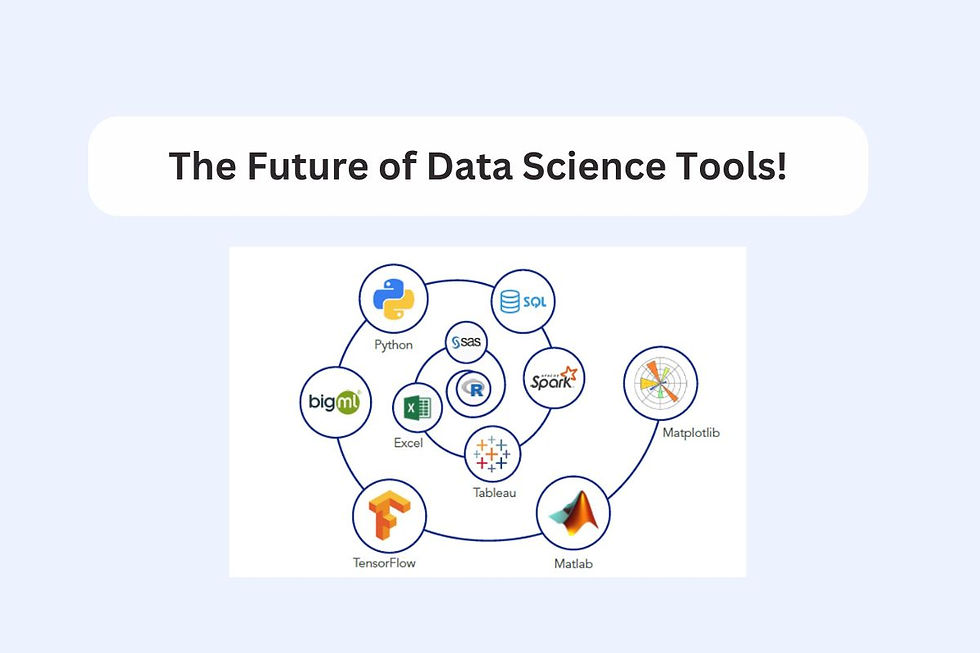How can Java be used to improve an economy?
- archi jain

- Jul 1, 2024
- 3 min read

Java, a versatile and widely-used programming language, plays a crucial role in shaping modern economies through its applications in software development, data analysis, and infrastructure management. Its robustness, platform independence, and scalability make it an invaluable tool in various sectors, contributing significantly to economic growth and efficiency.
Java Used to Improve Economy
1. Software Development and Innovation
Java's strength lies in its ability to develop robust and scalable software applications. In the digital age, software drives efficiency and innovation across industries, from finance and healthcare to transportation and logistics. By leveraging Java, businesses can create sophisticated applications that streamline operations, enhance customer experiences, and ultimately boost productivity.
For example, e-commerce platforms powered by Java enable seamless online transactions, contributing to the growth of digital economies. Similarly, Java-based enterprise resource planning (ERP) systems help businesses manage resources effectively, improving overall efficiency and reducing operational costs.
2. Data Analysis and Decision Making
In today's data-driven economy, making informed decisions based on large datasets is crucial for businesses and governments alike. Java supports robust data analysis through frameworks like Apache Hadoop and Apache Spark, which enable processing and analysis of massive amounts of data (big data).
Governments can utilize Java-powered data analytics to improve policy-making processes. For instance, analyzing demographic trends, healthcare data, and economic indicators using Java can lead to more targeted interventions and resource allocations, thereby optimizing public services and fostering economic growth.
3. Infrastructure and Technology
Java is integral to building and maintaining critical infrastructure and technology systems that underpin economic activities. From banking systems and telecommunications networks to transportation management and energy grids, Java-based applications ensure reliability, security, and scalability.
For example, Java powers backend systems of financial institutions, enabling secure transactions and real-time data processing. In transportation, Java-based applications manage logistics, track shipments, and optimize routes, thereby reducing costs and improving efficiency in supply chain operations.
4. Education and Workforce Development
A skilled workforce proficient in Java programming is essential for sustaining economic growth. Educational institutions and training programs that teach Java equip individuals with valuable technical skills sought after by industries worldwide.
Countries investing in Java education and training initiatives foster a pool of talented software developers, data analysts, and IT professionals. This, in turn, attracts foreign investment, stimulates entrepreneurship, and drives technological innovation, positioning economies competitively in the global market.
5. Sustainability and Innovation
Java's adaptability extends to emerging technologies such as artificial intelligence (AI), machine learning (ML), and the Internet of Things (IoT). Integrating Java with these technologies facilitates innovative solutions in energy efficiency, environmental monitoring, and smart city development.
For instance, Java-powered IoT platforms enable real-time monitoring of energy consumption, optimizing resource utilization and promoting sustainable practices. Similarly, AI and ML algorithms implemented in Java analyze environmental data to predict natural disasters and mitigate risks, safeguarding communities and infrastructure.
Conclusion
Java plays a pivotal role in improving economies by driving technological innovation, enhancing data-driven decision-making, and supporting critical infrastructure. Its versatility and scalability empower businesses, governments, and individuals to harness digital transformation, achieve operational efficiencies, and foster sustainable economic growth.
As economies continue to evolve in the digital era, Java's impact will remain fundamental, shaping industries, empowering communities, and driving prosperity worldwide. For those looking to leverage Java's capabilities and contribute to economic advancement, consider exploring the best Java training course in Indore, Delhi, Ghaziabad, and other cities across India. These courses can equip you with the skills and knowledge needed to excel in Java programming, preparing you to innovate and thrive in today's competitive digital landscape.








Comments